(CLO) US President Donald Trump's imposition of a 25% tariff on imported steel and aluminum has sparked a fierce reaction even from Western allies. South Korea, France and Germany are now taking countermeasures and the dissatisfaction is evident in Australia.
In particular, analysts say economic tensions could deepen the rift between the US and the European Union (EU), which also happened during President Donald Trump's first term.
New trade tariffs from the Trump administration
In order to promote the “America First” economic policy, President Donald Trump signed an executive order imposing a 25% tariff on all aluminum and steel imported into the US. In addition, the Trump administration plans to apply reciprocal tariffs, that is, on US trading partners that impose tariffs on US goods.
Canada, Brazil, Mexico and South Korea are expected to be most affected by President Trump’s potential tariffs because they are the countries with which the US works most closely in purchasing aluminum and steel. In the first 11 months of 2024, Canadian supplies accounted for 79% of US aluminum imports.
The US uses Canadian metals in key sectors such as defence, shipbuilding and the auto industry. President Trump had previously threatened Ottawa, along with Mexico, with 25% tariffs on all imports, accusing them of abetting the migration crisis in the US and the flow of drugs. However, the implementation of these restrictions has been temporarily delayed by a month.
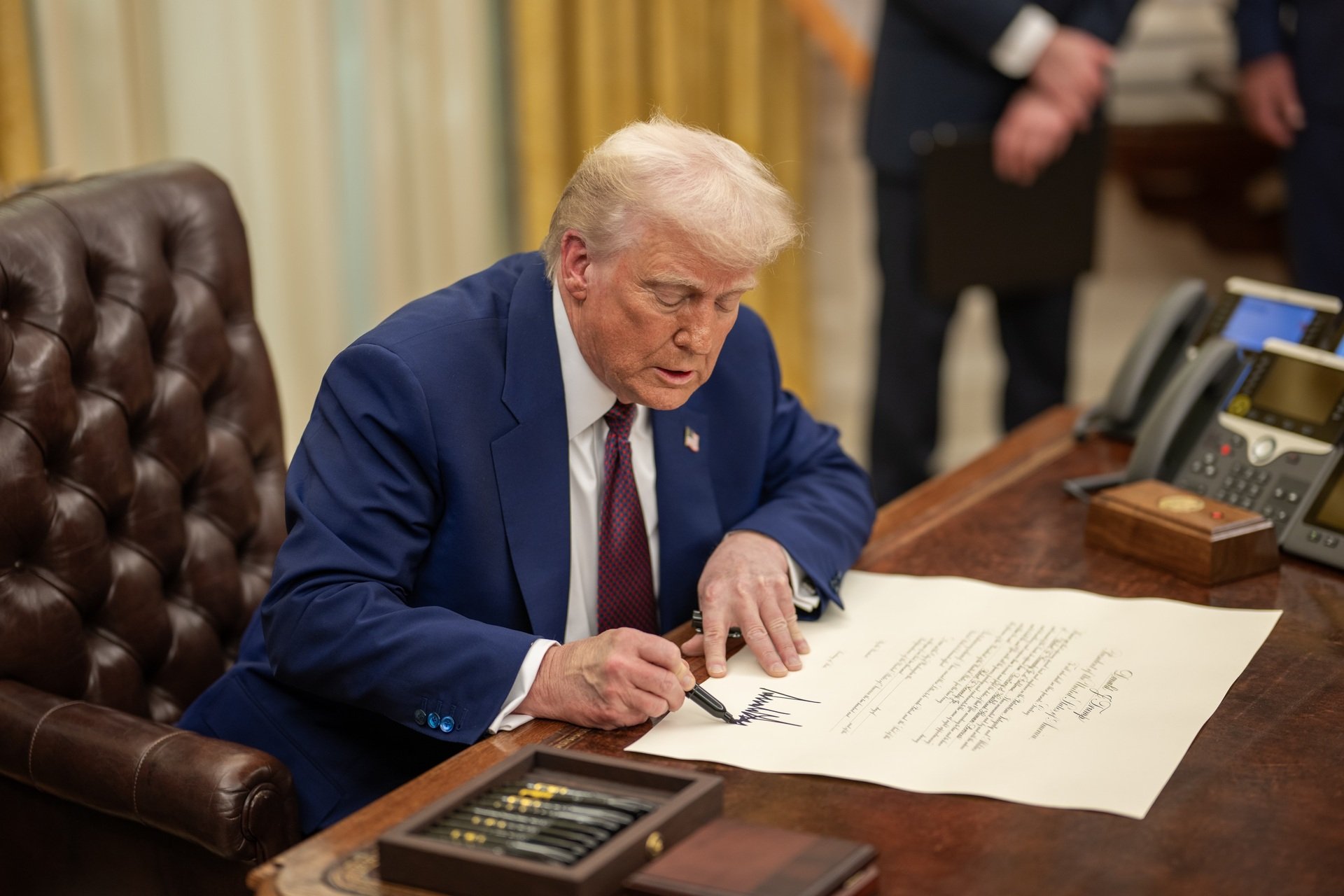
US President Donald Trump. Photo: X/DonaldTrump
South Korea, also one of the world's largest steel exporters, has taken the first steps to respond. On February 10, the country's Ministry of Industry convened an emergency meeting with steelmakers to discuss ways to mitigate the impact of the US tariffs. South Korean steel is known to be supplied in particular to US plants of major automakers such as Hyundai and Kia, as well as to Samsung and LG plants in Mexico and the US.
Australian Prime Minister Anthony Albanese has called for a meeting with US President Donald Trump to discuss the tariffs. “We will continue to advocate for Australia’s national interests with the US administration and, moreover, we believe it is in the US national interest as well,” Mr Albanese said.
Meanwhile, the EU is also unhappy with US President Donald Trump’s trade policy. European countries are determined to protect their interests: “Imposing tariffs would be illegal and economically counterproductive, especially given the deeply integrated production chains created by the EU and the US through transatlantic trade and investment,” according to a statement from the European Commission.
In particular, the EU's economic powerhouses have reacted strongly to President Donald Trump's tariff decision. French President Emmanuel Macron stressed that it is in the US's interest not to harm the European economy.
According to the head of the French Foreign Ministry, Jean-Noel Barrot, the European country is ready to respond to the tariffs imposed by the US administration. German Chancellor Olaf Scholz stressed that the EU could react within an hour if President Trump imposes tariffs on EU goods. According to some information, the EU could impose restrictions on US businesses in Europe, although the sanctions may vary.
Risk of rift between US and EU
During his first term in 2018, President Trump imposed a 25% tariff on imported steel and a 10% tariff on imported aluminum from Canada, Mexico, and the EU. The US later reached an agreement with Ottawa and Mexico City to lift those tariffs.
Now, President Donald Trump explains the need to apply tariffs to promote the development of American manufacturers, protect jobs and accelerate economic growth. In addition, tariffs are seen as a "tool" to pressure Washington's partners to act in a way that pleases Trump, such as Mexico and Canada, which have had to tighten border security measures, prevent illegal immigration into the US to freeze the Trump administration's trade tariffs for a month. In the case of the EU, Trump's goal may be to reduce the trade deficit that the country is suffering.
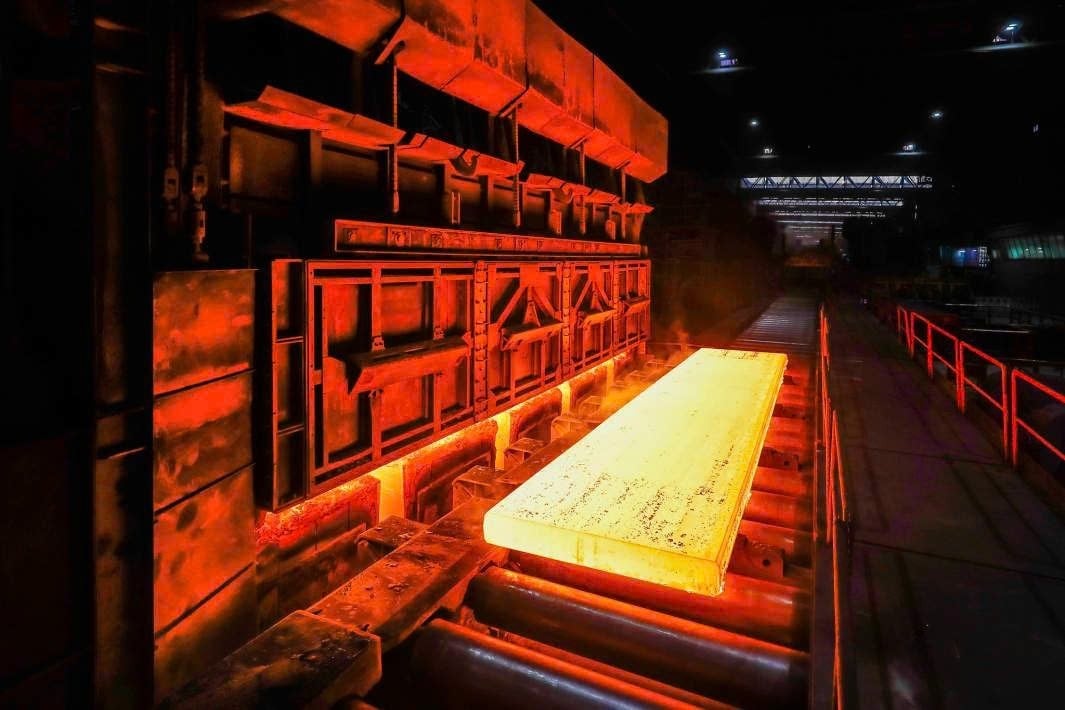
President Donald Trump imposed a 25% tariff on steel and aluminum imported into the US. Photo: GLP
According to Dr. Stanislav Tkachenko, a doctor of economics at St. Petersburg State University, President Donald Trump is acting to balance the trade balance with the EU, which he says currently has a deficit of about 300 billion euros. Trump wants to reduce the deficit in areas where Europeans export the most to the US in monetary terms.
The US president does not want the Europeans to stop supplying metals to the US market, but rather wants these countries to buy more American products. His constant “mantra” is to buy liquefied natural gas (LNG), petroleum products, weapons, military equipment, items that bring high profits to the US. For that reason, President Donald Trump’s tariff policy towards the EU seems like a “bargaining chip”, preparing to sign some new agreements.
Unlike Canada and Mexico, the EU, as well as the UK and Japan, were unable to reach a compromise with President Trump on tariffs during his first term. They had to wait until Democratic President Joe Biden took office to remove the high tariffs.
In general, Donald Trump’s entire first term as president has been marked by a deterioration in relations between the US and the EU. In addition to imposing tariffs, the US withdrew from the Iran nuclear deal, which negatively affected relations with European countries, at least those that were part of the deal. The situation was further complicated by Washington’s decision to recognize Jerusalem as the capital of Israel. Three radical steps at once have shaken the stability between the US and the EU.
In response to the US tariff hike, the EU then took retaliatory measures against American manufacturers of Harley-Davidson motorcycles, whiskey and nuts. The EU then also imposed import duties on US steel, aluminum and agricultural products, as well as some other US goods worth €2.8 billion.
Consumers will be the hardest hit, as prices are likely to rise, says Stanislav Tkachenko, and trade disputes could eventually deepen the rift between Western countries.
“When it comes to trade disputes, in the long run, everyone loses. Trade disputes can weaken the entire West. First of all, it will hit the EU, whose position is significantly weakened by a number of problems: from the pandemic, the conflict in Ukraine to the energy crisis,” Tkachenko said.
At the same time, according to Stanislav Tkachenko, it is not possible to confirm a full-scale trade war between the US and the EU at this time, because the European community is too divided to be able to come up with a common response.
However, President Trump’s tough economic policies will only exacerbate the European crisis and inflation in the US will likely spike again. Even without taking into account the tariffs on aluminum and steel, US researchers have predicted that consumer prices will rise by 0.5-0.7% if President Trump continues his policies towards at least Mexico and Canada.
Source: https://www.congluan.vn/chinh-sach-thue-quan-cua-my-nguy-co-ran-nut-giua-cac-nuoc-dong-minh-phuong-tay-post334465.html



![[Photo] Prime Minister Pham Minh Chinh receives Mr. Jefferey Perlman, CEO of Warburg Pincus Group (USA)](https://vstatic.vietnam.vn/vietnam/resource/IMAGE/2025/4/18/c37781eeb50342f09d8fe6841db2426c)




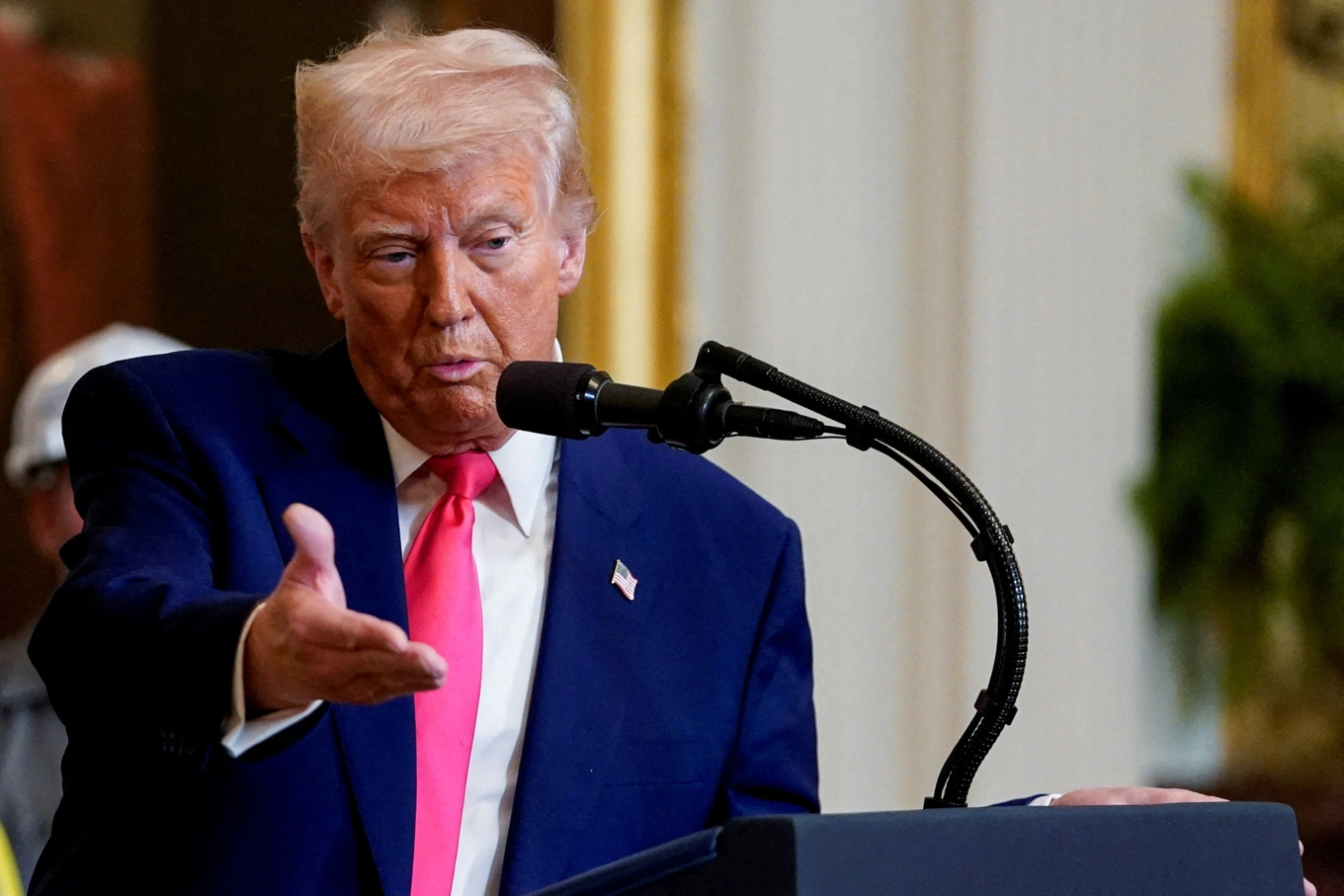



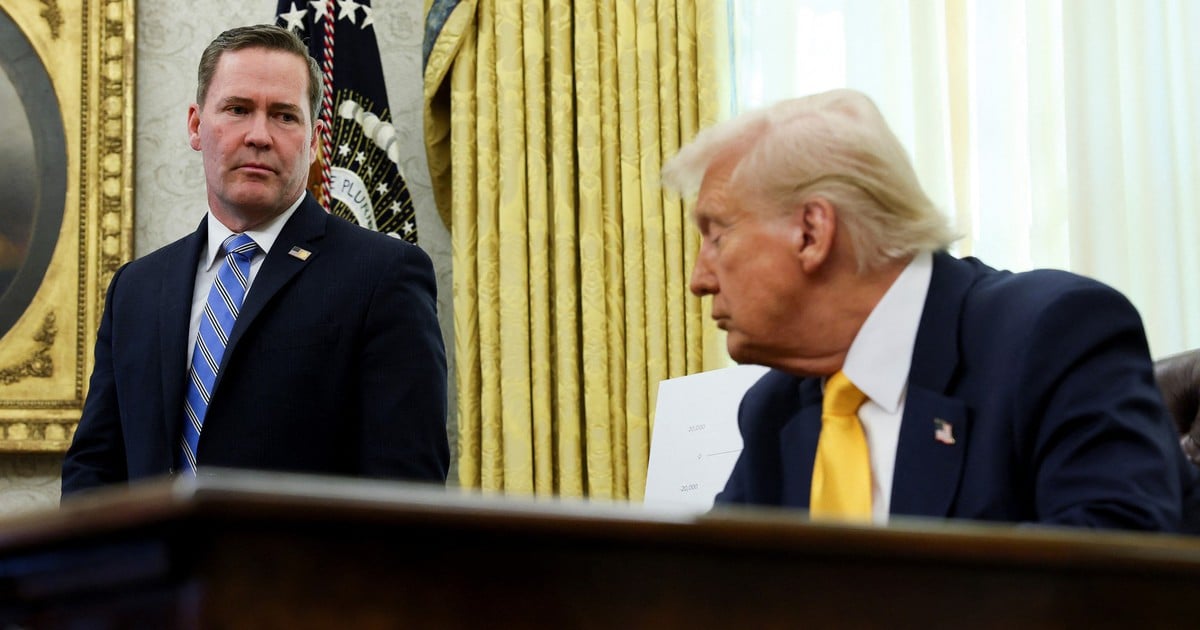

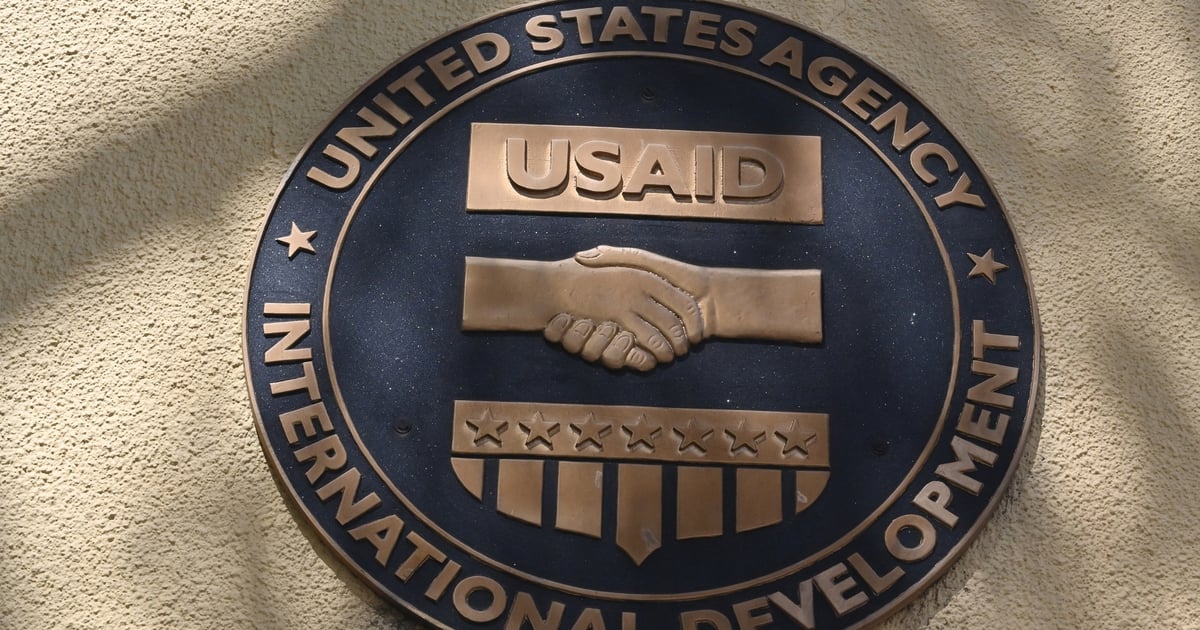

























































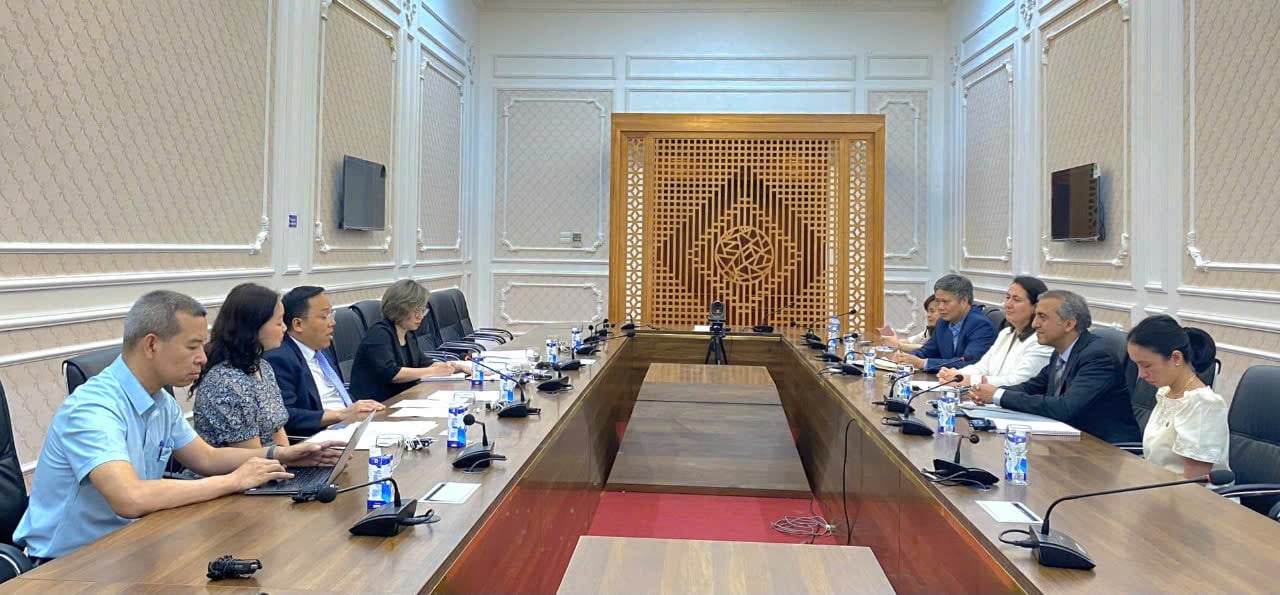

























Comment (0)